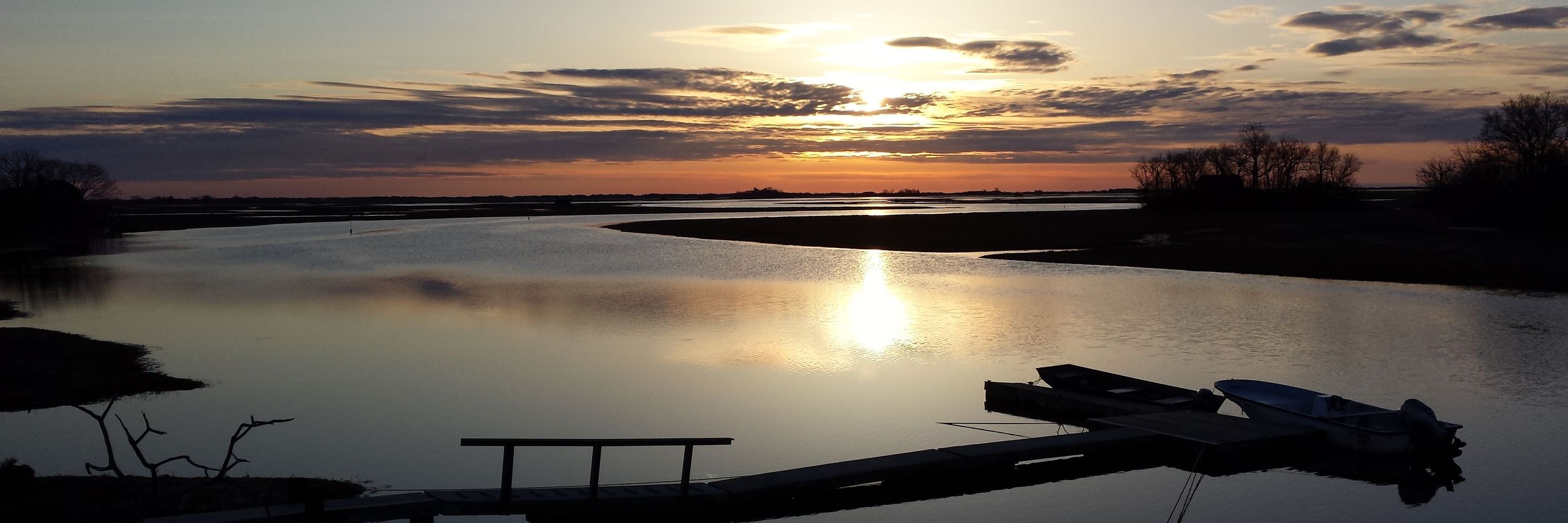
Plum Island Ecosystems LTER
@pie-lter.bsky.social
The goal of the Plum Island Ecosystems LTER is to predict the long-term effects of sea level rise, climate change, and human impacts on the health of estuaries worldwide
Thanks to @uslter.bsky.social #APEAL project for kick-starting this work by enabling engagement and collaboration with the local shellfishing community, whose concerns guided these new projects. 5/5
#NSF #REU #PES @mblscience.bsky.social @northeasternu.bsky.social
#NSF #REU #PES @mblscience.bsky.social @northeasternu.bsky.social
September 25, 2025 at 8:41 PM
Thanks to @uslter.bsky.social #APEAL project for kick-starting this work by enabling engagement and collaboration with the local shellfishing community, whose concerns guided these new projects. 5/5
#NSF #REU #PES @mblscience.bsky.social @northeasternu.bsky.social
#NSF #REU #PES @mblscience.bsky.social @northeasternu.bsky.social
Whether predation or poor larval settlement has caused the decline in iconic softshell clams is being studied using recruitment boxes that protect larval and baby clams from predators. Local aquaculture is increasing oyster harvests. Efforts like these can help restore and support the fishery. 4/5

September 25, 2025 at 8:41 PM
Whether predation or poor larval settlement has caused the decline in iconic softshell clams is being studied using recruitment boxes that protect larval and baby clams from predators. Local aquaculture is increasing oyster harvests. Efforts like these can help restore and support the fishery. 4/5
But if contaminants are in the water, shellfish may ingest those as well, with negative effects on the shellfish and harvestability. @bowenlab.bsky.social and @myadarsan.bsky.social are using new approaches to better identify sources and types of contaminants which may help mediate inputs. 3/5

September 25, 2025 at 8:41 PM
But if contaminants are in the water, shellfish may ingest those as well, with negative effects on the shellfish and harvestability. @bowenlab.bsky.social and @myadarsan.bsky.social are using new approaches to better identify sources and types of contaminants which may help mediate inputs. 3/5
Filter-feeding shellfish like oysters and clams remove algae from estuarine water (thereby also remove nitrogen), promoting water clarity and quality, easily visible and measurable in demo tanks of shellfish with algae compared to tanks with no algae, even approaching the clarity of tap water. 2/5


September 25, 2025 at 8:41 PM
Filter-feeding shellfish like oysters and clams remove algae from estuarine water (thereby also remove nitrogen), promoting water clarity and quality, easily visible and measurable in demo tanks of shellfish with algae compared to tanks with no algae, even approaching the clarity of tap water. 2/5
Sandy has been tireless in support of shellfishing, a mentor to countless students, active member and past president of NEERS, author, and all around great person. Thank you Sandy!
newenglandestuarineresearchsociety.wildapricot.org
newenglandestuarineresearchsociety.wildapricot.org
New England Estuarine Research Society - Home
newenglandestuarineresearchsociety.wildapricot.org
April 28, 2025 at 3:55 PM
Sandy has been tireless in support of shellfishing, a mentor to countless students, active member and past president of NEERS, author, and all around great person. Thank you Sandy!
newenglandestuarineresearchsociety.wildapricot.org
newenglandestuarineresearchsociety.wildapricot.org

